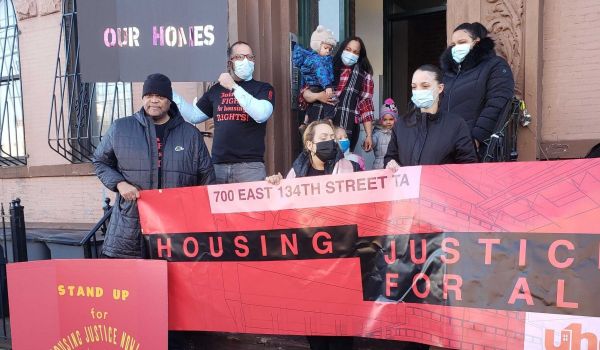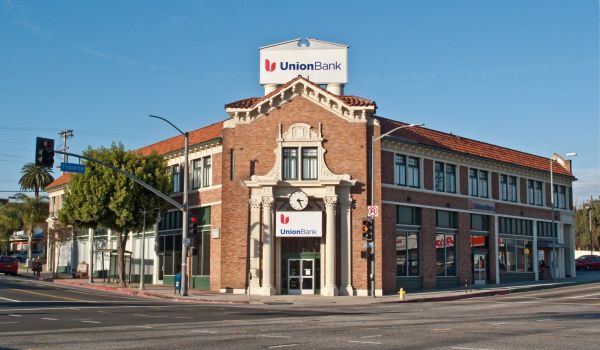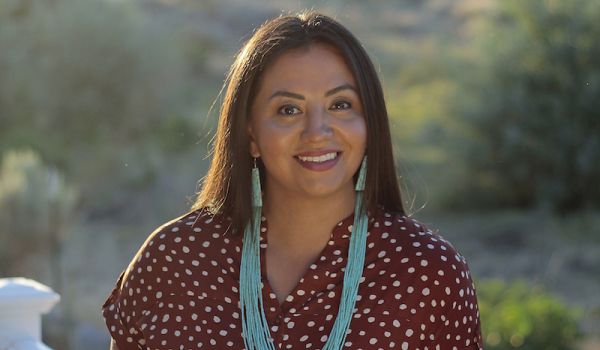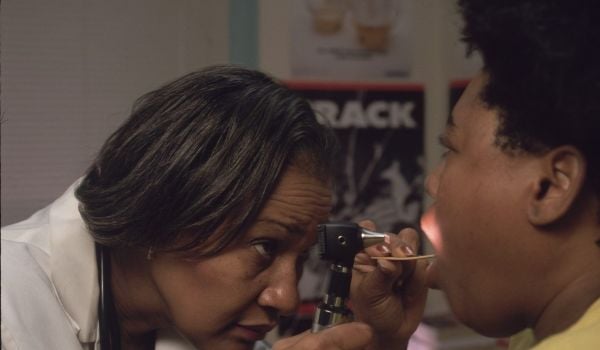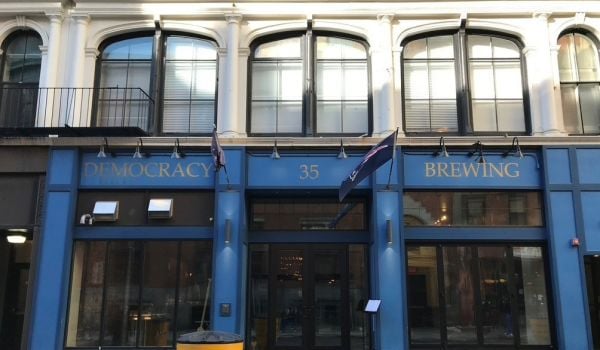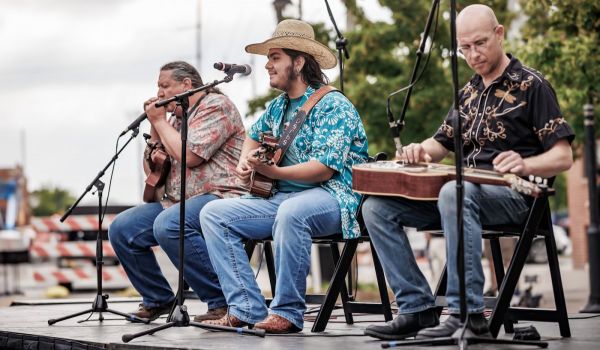Welcome to the Weekly Wrap! This week, we wanted to point you to two recent stories published on the Next City site before getting to the briefs.
First up, a look at the public banks gaining momentum across California.
The second is from our friends at New York Focus, a non-profit news publication investigating how power works in New York state. They take us to Rochester, where residents are “fighting against long odds” for public ownership of their power utility.
Is your city or organization implementing solutions that bring us closer to economic, environmental and social justice? Let us know by sending a brief note to wrapped@nextcity.org!
In New York City, Council Members Ask Mayor to Fund Reduced Fare Subway Rides
According to Streetsblog, a majority of New York City’s council members signed a letter to Mayor Eric Adams asking him to pour more funding into a reduced-fare Metrocard program for low-income riders by expanding it to include people making 200% of the federal poverty level, or $60,000 for a family of four. The letter, sent by Council Member Carmen De La Rosa, was signed by 29 of the city’s 51 council members.
“We have a moral responsibility to make this essential program available to hundreds of thousands of low-income families who badly need the savings,” the letter reads. According to the letter, Fair Fares was launched in fiscal year 2019 with $106 million in the budget and eventually covered New Yorkers at or below the federal poverty line by 2020. But the budget was reduced to $75 million during the pandemic. About 275,000 New Yorkers are enrolled in the program, which has never exceeded its budget, according to the letter, because eligibility thresholds keep more people from enrolling.
New Protections for Pregnant Workers Will Be Rolled Out Soon
A new law called the Pregnant Workers Fairness Act goes into effect this year. It mandates employers to provide workers with “reasonable accommodation” for pregnancy, fertility treatments or postpartum depression, the New York Times reports. The law pertains to businesses with 15 or more employees and accommodations could range from changing work schedules to providing chairs and more bathroom breaks, according to the Times. Fifty-six percent of pregnant people in the U.S. work full-time during their pregnancy and 82% of people on their first pregnancy are still working a month before their due date.
Indigenous Groups Gained Land Rights Between 2015-2020, Report Says
A report from the Rights and Resources Initiative found in a study of 73 countries that the land legally owned or designated for “Indigenous Peoples, Afro-descendant Peoples, and local communities” increased by 103 million hectares, or 397,000 square miles between 2015 and 2020. In some countries, including Mexico and Namibia, the land owned by Indigenous communities decreased due to urbanization.
According to the report, “Mounting evidence concludes what Indigenous Peoples, Afro-descendant Peoples, and local communities have long maintained — that they are the best managers of their lands and resources.” But the fuller picture is more precarious. The report indicates that even in legally designated tribal areas, residents can face illegal logging or violent attacks from outsiders. This was the case in Brazil, where former President Jair Bolsonaro cut funding to the country’s Indigenous affairs agency and oversaw an increase in cattle ranchers usurping land.
Consumer Financial Protection Bureau: Southern States Lack Bank, Credit Access
The Consumer Financial Protection Bureau released two reports, Banking and Credit Access in the Southern Region of the U.S. and Consumer Finances in the Rural Southern Region showing that some U.S. states have fewer bank branches and have higher interest rates than in other parts of the country. CFPB also found that “many” areas in the South are banking deserts due to a lack of banks or credit unions. According to the bureau, the South has 3.6 bank branches per 10,000 people, compared to 5 per 10,000 nationally. Southern rural consumers are also more likely to have their loan requests denied than consumers nationally; 27% of mortgage applications are denied in the south, compared to 11% nationally.
Reproductive Justice Movement Pushes For Rent Control in Los Angeles County
KCRW reports on a rent control law passed in Cudahy, a small city in Southeast LA County that passed thanks to the efforts of reproductive justice organizers. The win builds on the success of a rent control law passed in September 2022 in Bell Gardens, also in Southeast LA County, where organizing was initiated by California Latinas for Reproductive Justice. The group found that women interested in having families were unable to have children because they could not afford rent. “For somebody to choose to start a family, sometimes if they can’t buy a home, or they can’t rent a home on their own, that stops them from having a family,” the group’s lead organizer Martha Pineda told KCRW.
Curated by Deonna Anderson
MORE NEWS AND RESOURCES
-
$1.7 billion. That’s the total amount of grant money the Biden administration announced it will be giving to transportation agencies in cities, rural areas, and Native American reservations to replace their gas-powered buses with new electric models. Grist and KOMO News
-
Meet a handful of the organizers fighting voter suppression in the American South. The Guardian
-
Nearly a dozen states – Virginia and Arkansas among them – are getting funding to improve access to high-speed internet. Richmond Times-Dispatch and Arkansas Democrat-Gazette
-
A new audit from New York City Comptroller Brad Lander reveals that Mayor Adams’ sweeps of homeless encampments between March 21, 2022 and November 30, 2022 led to only 3 people who remain in permanent housing. The sweeps impacted 2,308 people living in 161 encampments and cost $61.4 million. Office of the City Comptroller
-
Public policy research group Center for American Progress released a report this week that estimates extreme heat will create $1 billion in healthcare-related costs in the United States this summer alone. Grist and Axios
EVENTS
-
The Decolonizing Wealth Project is hosting a day of healing and regeneration for philanthropic-serving consultants of color. July 20 at 12 p.m. Eastern. Applications are due on July 10 at 8 p.m. Eastern. Learn more and access the application here.
-
Othering & Belonging is hosting a conversation about the SCOTUS decision on affirmative action and what it means for the future of universities. Monday, July 3 at 2 p.m. Eastern. Learn more and register here.
-
And don’t forget to check out Next City’s upcoming events here.
This article is part of The Weekly Wrap, a newsletter rounding up stories that explain the problems oppressing people in cities and elevate the solutions bringing us closer to economic, environmental and social justice. Click here to subscribe to The Weekly Wrap newsletter.

Roshan Abraham is Next City's housing correspondent and a former Equitable Cities fellow. He is based in Queens. Follow him on Twitter at @roshantone.



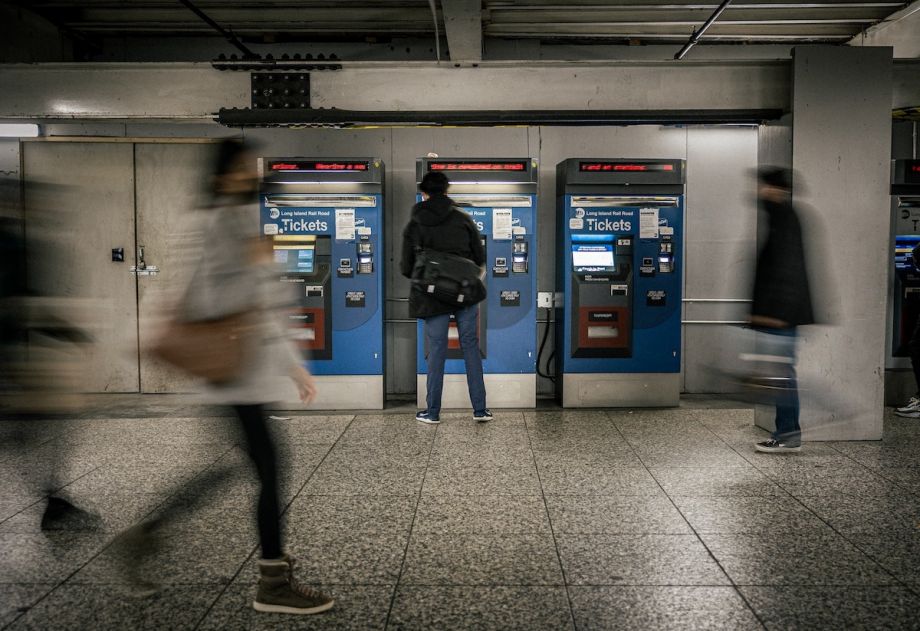
_920_614_600_350_80_s_c1.jpg)
